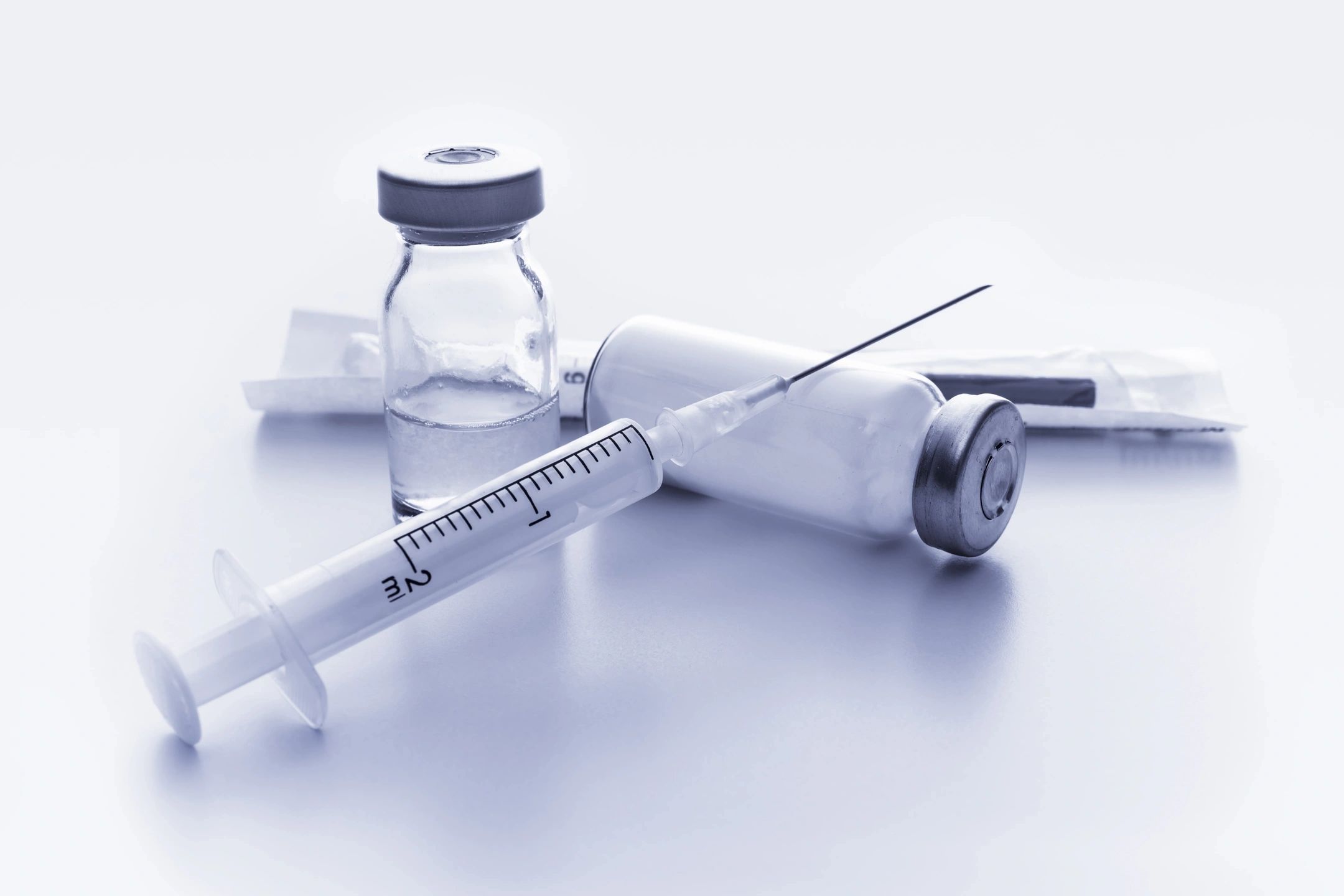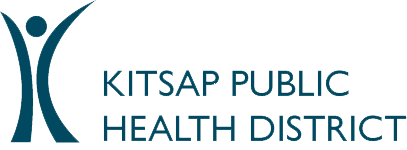
Actions Requested:
- Be aware, on Nov. 2, Centers for Disease Control and Prevention (CDC) recommended the Pfizer-BioNTech vaccine for children 5–11 years old under the Food and Drug Administration’s (FDA’s) emergency use authorization (EUA).
- Reach out to your pediatric patients and their caregivers and strongly recommend vaccination for all children five and older. Utilize provider resources from the CDC and Washington State Department of Health slide deck.
- Continue to promote COVID-19 vaccine among people who are pregnant, lactating or who are trying to become pregnant now or might become pregnant. Educate these patients on the safety and effectiveness of COVID-19 vaccine during pregnancy, emphasize that the benefits of vaccination outweigh known or potential risks.
- Enroll as a vaccine provider and administer COVID vaccines to all your eligible patients. Assess and document vaccination status as a standard of care and quality measure at every healthcare encounter
- Be aware of and participate in the Washington State Department of Health Power of Providers program.
- Assist patients to find a COVID vaccine location:
- Participate in a COVID-19 Vaccine Safety and VAERS Reporting Webinar with Dr. Emma Larson, a resident at Seattle Children’s Hospital under the University of Washington’s Department of Pediatrics. Thursday November 18, 2021, 12-1 pm. Register for the webinar
- Report COVID-19 and other notifiable conditions to Kitsap Public Health 24/7 by calling 360-728-2235 or use the Reportable Disease Fax Form and fax to 360-813-1168 with any corresponding lab results.
Background:
COVID-19 VACCINE FOR CHILDREN 5-11 YEARS OLD
Following a vote by the Advisory Committee on Immunization Practices (ACIP) on Nov. 2, CDC recommended a lower dose (10 mcg in 0.2 mL) of Pfizer-BioNTech COVID-19 vaccine for all children 5–11 years old under FDA’s expanded EUA. Western States Scientific Safety Review Workgroup approved this recommendation on Nov. 3.
The pediatric dose is one third the dose for people 12 years or older. It is a 2-dose series, administered intramuscularly, at least 3 weeks apart. A booster dose is not currently recommended for anyone under 18 years old.
Pfizer-BioNTech COVID-19 vaccine pediatric formulation will arrive in a 10-dose vial with an orange cap and an orange border on the label and must be diluted before use. The pediatric formulation can be stored for 6 months in an ultra-low temperature freezer (-90°C to -60°C) and 10 weeks in a refrigerator (2°C to 8°C).
The pediatric formulation should not be administered to anyone 12 years or older. The adult vaccine cannot be used or cut to administer to children.
- If a child 5–11 years old accidently receives a 30 mcg dose for their first dose, they should receive a single age-appropriate (10 mcg) dose for their second dose 21 days later, and be considered as having completed their primary series.
- If a child 5-11 years accidentally receives a 30 mcg dose for their second dose, they should be considered as having completed their primary series.
CDC and FDA approval came after research showed no observed adverse events of special interest, including anaphylaxis, myocarditis, pericarditis or Bell’s palsy. As more children get vaccine, we anticipate possible cases. Healthcare providers are required to report all adverse events to the Vaccine Adverse Event Reporting System (VAERS). The vaccine showed similar efficacy (~90.7%) observed among adolescents and adults.
COVID-19 has significantly impacted children. COVID-19 is the eighth leading cause of death in children 5–11 years old in the U.S. 32% of children hospitalized from COVID-19 had no underlying health conditions. About 8% of children with COVID-19 have long-term sequalae. Multisystem inflammatory syndrome (MIS-C) after COVID-19 is highest among children 5–11 years old. Providers reported 5,217 cases of MIS-C since Oct. 4, 2021. 60–70% of these patients were admitted to intensive care and 1–2% died.
We encourage you to reach out to your pediatric patients and their caregivers and promote how vaccination would benefit them. COVID-19 vaccine can be given on the same day, at the same appointment, as other vaccines, as long as they are given at different injection sites. Help your pediatric population catch up on their routine vaccinations, too.
CDC will post updated clinical considerations soon.
COVID-19 VACCINE RESOURCES
- List of Kitsap providers ordering vaccine for ages 5-11.
- KPHD fact sheet: Vaccination for Children 5-11.
- KPHD bulletin: Children ages 5-11 now eligible for COVID-19 vaccination.
- WA Department of Health: Vaccinating Youth.
- CDC: COVID-19 Vaccines for Children and Teens.
- CDC Pediatric COVID-19 Vaccines webinar recording.
- FDA booster dose updates.
- EUA fact sheets for recipients and caregivers:
- COVID-19 vaccine locator, DOH.
- COVID-19 vaccine for providers.
- COVID-19 vaccine provider toolkit and resources, Washington State Department of Health.
- COVID-19 vaccination for providers, CDC.
- Clinical considerations for COVID-19 vaccination and guidance for managing anaphylaxis, CDC.
- COVID-19 vaccine quick reference guide for healthcare professionals, CDC.
- COVID-19 vaccine training module on best practices for providers, CDC.
- Association of J&J with thrombotic thrombocytopenia after vaccination:
- J&J vaccine health alert, CDC.
- Vaccine-induced immune thrombotic thrombocytopenia frequently asked questions, American Society of Hematology (ASH).
- Diagnosis and management of vaccine-induced immune thrombotic thrombocytopenia webinar, ASH and CDC.
- April 15, 2021 COCA call: J&J COVID-19 vaccine and cerebral venous sinus thrombosis with thrombocytopenia update for clinicians on early detection and treatment, CDC.
- Association of mRNA vaccines with myocarditis and pericarditis after vaccination:
- Information for healthcare providers: myocarditis and mRNA vaccines, DOH.
- Follow-up of patients with myocarditis, consult recommendations, American Heart Association and the American College of Cardiology.
- Clinical considerations: Myocarditis and pericarditis after receipt of mRNA COVID-19 vaccines among adolescents and young adults, CDC.
- Overview of myocarditis and pericarditis, ACIP COVID-19 Vaccines Work Group, June 23, 2021, CDC.
- COVID-19 subcommittee of the World Health Organization (WHO) Global Advisory Committee on Vaccine Safety (GACVS) reviews cases of mild myocarditis reported with COVID-19 mRNA vaccines, WHO news release, May 26, 2021.
- Myocarditis and pericarditis following mRNA COVID-19 vaccination, CDC.
- Selected adverse events reported after COVID-19 vaccination, CDC.
- Myocarditis and pericarditis resources for the public, CDC.
PATIENT EDUCATION
Share the following materials with patients.
- What to do if you have COVID-19.
- What to do if you may have been exposed to COVID-19.
- What to do if you have COVID-19 symptoms and have not been tested or exposed.
CONTACTING THE HEALTH DISTRICT
Our phone lines are open Monday – Friday from 8:00 am to 4:30 pm
- Main (360) 728-2235 (a local call throughout Kitsap County)
- Fax (360) 813-1379
- TTY 1-800-877-8339
Additional Resources:
- KPHD COVID-19 updates, resources, and data
- Kitsap COVID-19 page for healthcare providers
- DOH COVID-19 data dashboard
- DOH COVID-19 page
- SARS-CoV-2 sequencing and variants in Washington
- CDC guidance for healthcare providers and facilities
- CDC COVID-19 page
- CDC Clinician Outreach and Communication Activity (COCA) index
